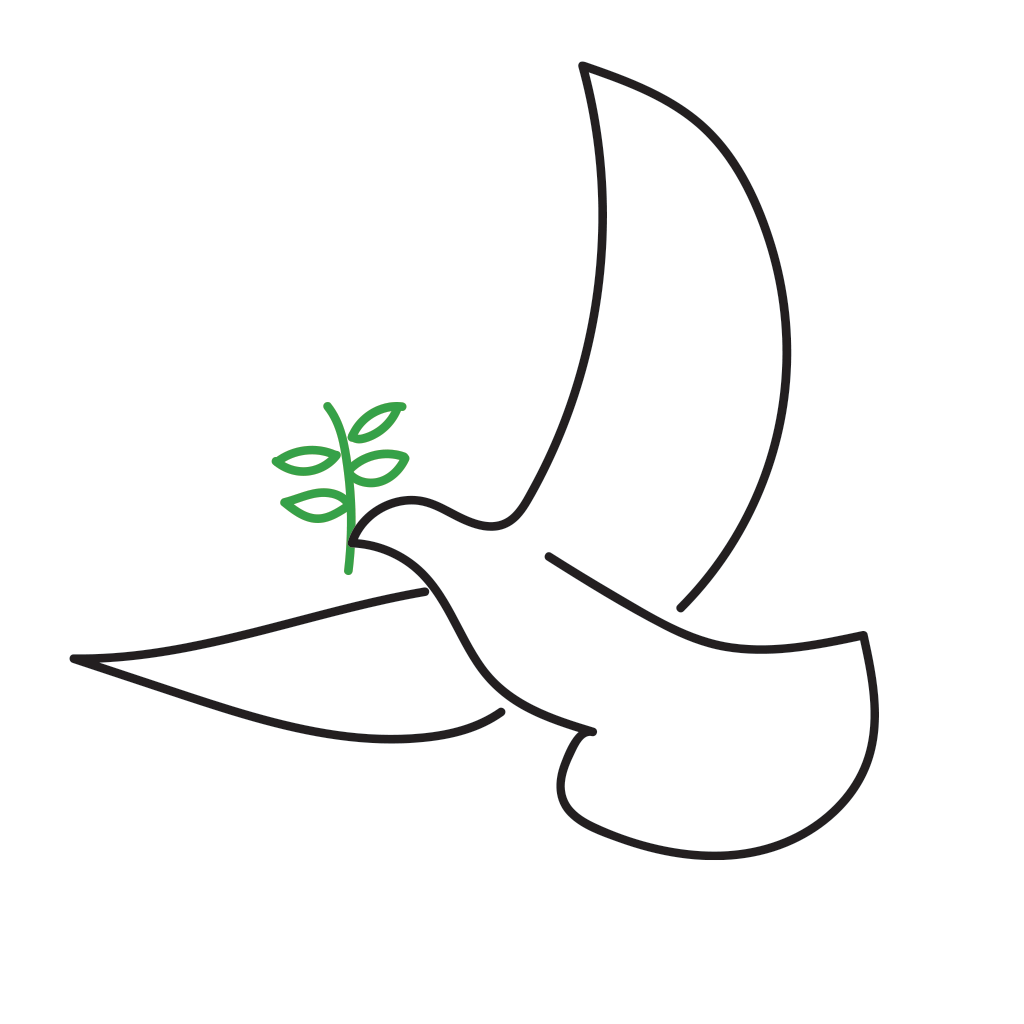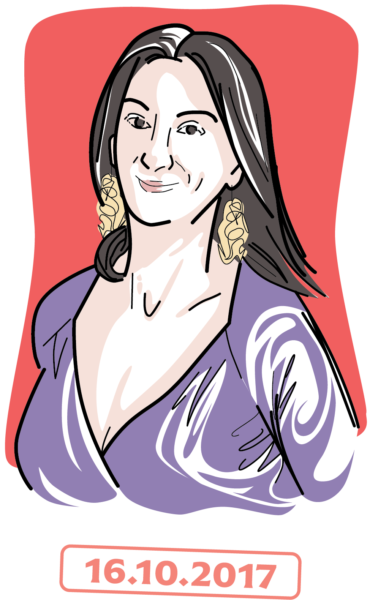Yahad
That peace may come to our beloved land
“Behold, how good and how pleasant it is
for brethren to dwell together in unity.”
(Psalm 133:1)
YAHAD: This term in Hebrew is used in the Bible most often as an adverb in the sense of “together” and “with each other”.
It also conveys the sense of unitedness and community.
Foreword
On the first of January, the Church annually celebrates the World Day of Peace. Fresh from the Christmas message of the angels bringing ‘Peace on earth to people of goodwill’, the Church extends its vision of peace for the whole world.
Locally, the Justice & Peace Commission seeks to find ways in which this message of peace can be lived daily in our communities. Indeed, throughout the year there are plenty of occasions during which we observe a serious lack of peace on this little island nation. Whether due to partisan politics, religious creed, support to a particular band club or football team, or because of personal issues, divisions abound. Moreover, this year a general election is expected, and as always, partisan polarisation, ever-present in our society, will intensify.
The Commission believes that it is therefore opportune that at the beginning of this year, before our society gets caught up in the election frenzy, we stop for a moment and reflect on how we can act constructively to build peace within our nation. Words such as national unity and national reconciliation have become common in our leaders’ speeches. Indeed the need for both is real and urgent. However, this national unity cannot be brought about by wishful thinking or stakeholder meetings alone. In order for our society to be able to flourish, a concerted effort needs to be made on a national scale to face all that is not good within our society. We need to recognize that each one of us has in one way or another contributed to the breaking down of peace in our society, and that each one of us is equally responsible for rebuilding this peace.
The Justice & Peace Commission through this document offers a reflection on what has been, where we are, and where we want to go.
This document is being offered in the hope that it serves as an aid for our nation on this path of national growth and reconciliation, so that the divisions between us are bridged, the scars are healed, and we truly become one. – Yahad!
Daniel Darmanin
President of the Justice and Peace Commission
Introduction
Malta’s recent history has, in more ways than one, been a success story. According to countless criteria which are traditionally used to measure the development of a country, our society and economy has made the most of all the opportunities which were presented to it. This is the result of the efforts of all stakeholders, policymakers and citizens who in various ways have strived to improve our standard of living. When it comes to GDP growth, for example, pre-covid, Malta experienced unprecedented growth. This economic growth in turn, allowed the Government to expand its portfolio of social services and economic aid to various categories of people including pensioners, working parents as well as investing in the general infrastructure of the country. The number of people in employment has also shot up, with Malta having consistently one of the lowest unemployment levels in the European Union.
“The names and memory of Lassana, Daphne and Miriam will be our guides, companions and inspiration as we reflect on those broken relationships which need to be renewed and reconciled.”
And yet, this success is not without a price which had to be paid, and this price is indeed high. This paper starts by a meditation on the Polyptych of Victims – a symbol of those who paid the highest price; a depiction of those who, in more ways than one, are the victims of our success. It is a meditation which rises from our responsibility as a Church to be “the ‘eyes that see’ and “ears that hear” the cries emerging from the peripheries. There, we can be attentive and responsive to all the wounded among us—no matter how hidden their suffering might be.”[1]
The names and memory of Lassana, Daphne and Miriam will be our guides, companions and inspiration as we reflect on those broken relationships which need to be renewed and reconciled. We will also be guided by the cry of the Faceless Victim, who represents all those who are trying their best to live a virtuous life in circumstances which, at times, make it much easier to go with the flow and engage in behaviours and practices which create even more victims of injustice. We will reflect on the kind of society we wish to live in, a society which, unwilling to “leave a part of itself on the fringes”[2], refocuses on people and their quality of life, beginning from those at the margins of society. In this process, let us however keep in mind that these victims are not just “symbols” of something much greater than them. They are first and foremost people, loved and cherished by friends and family whose life will forever be marked by grief and loss, and to whose memory this document is also dedicated.
This document is divided into three sections. In the first section we will focus on these instances when these wounds of society were uncovered. In the second section, inspired by the rich tradition of Catholic Social Teaching, we will reflect on a number of key virtues, which can serve as our guideposts as we embark on this process of healing, reconciliation and renewal. In the third and final section, all people of good will, Christians and not, will be invited to pledge their commitment towards a society in which the “culture of waste” makes way for a “culture of encounter”. In fact, in the unforgettable words of Dietrich Bonhoeffer “we are not to simply bandage the wounds of victims beneath the wheels of injustice, we are to drive a spoke into the wheel itself”[3].
[1] ARCHDIOCESE OF MALTA, One Church, One Journey. A process of ecclesial renewal, 44.
[2] POPE FRANCIS, Fratelli Tutti, 235.
[3] DIETRICH BONHOEFFER, No Rusty Words. Letters, Lectures and Notes 1928-1936, Harper and Row, 1965, 225.
A Polyptych of Victims
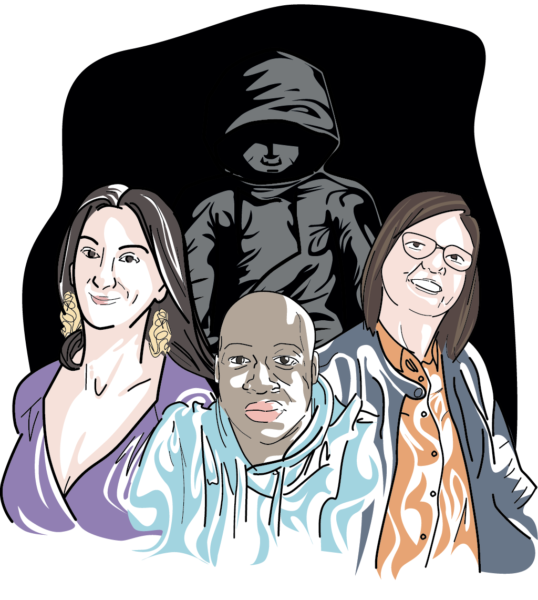
Lassana

On the 6th of April 2019, Lassana Cisse Souleymane, a 42-year-old migrant worker from the Ivory Coast, was killed in a drive-by shooting in Ħal Far, in what is believed to be Malta’s first racially-motivated murder.
Miriam
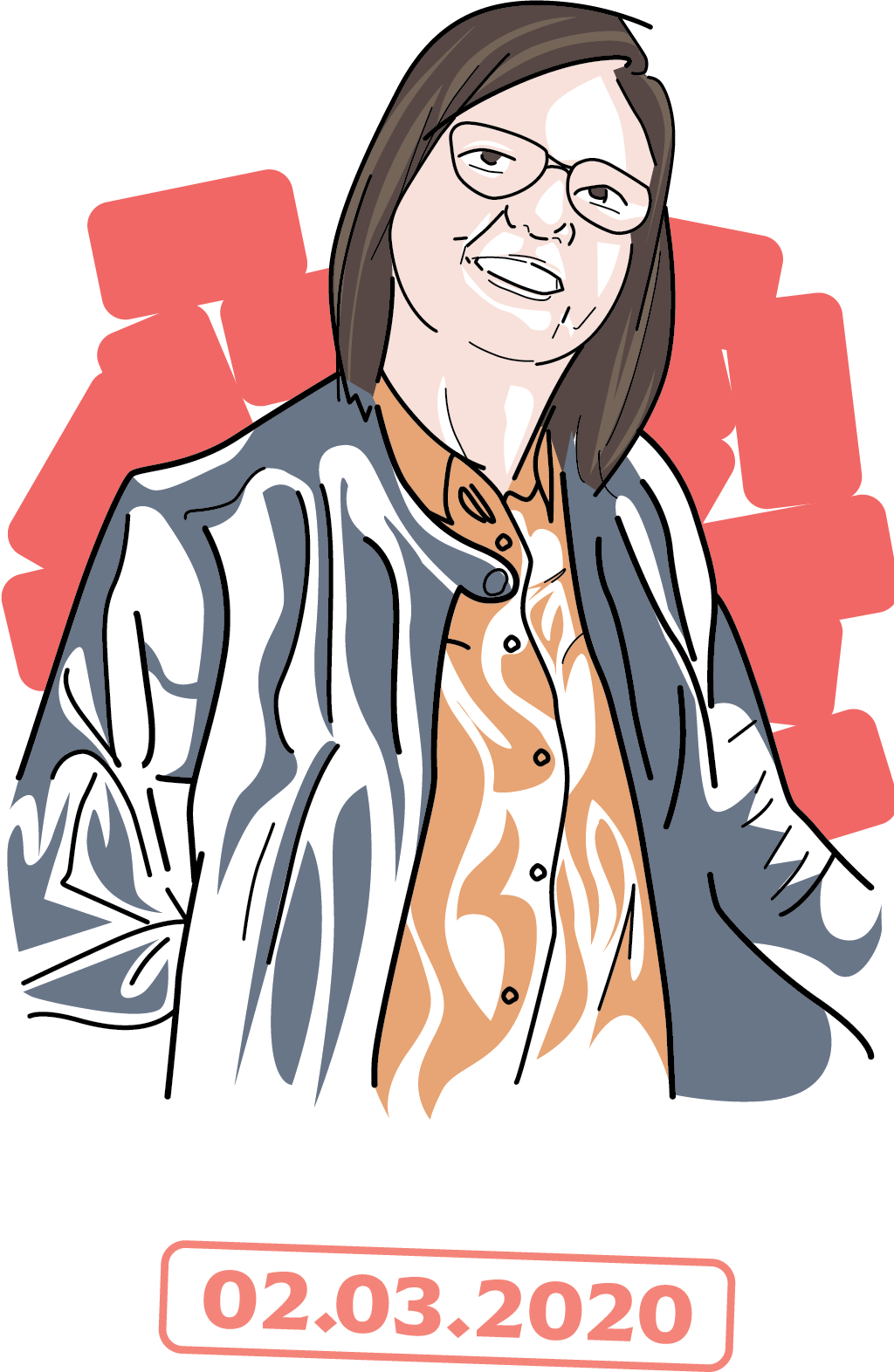
On the 2nd of March 2020, Miriam Pace was dug out from under the rubble of her own house. What was supposed to be a place of safety and comfort became a tomb.
The Faceless Victim
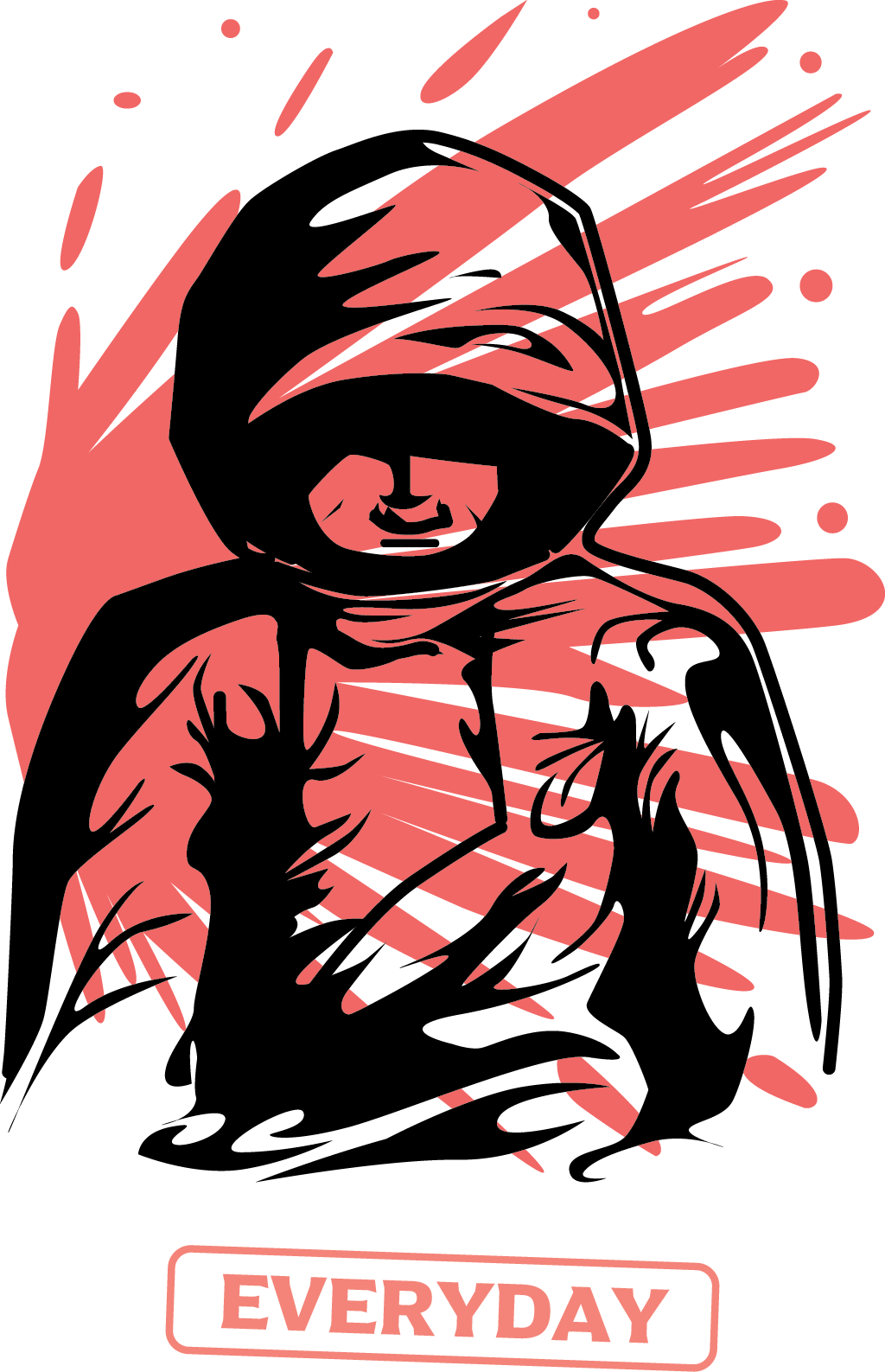
After listening in some detail to the triptych of voices which is guiding us in our reflection, we will now dedicate some space to the voice of a fourth victim: the Faceless Victim.
Our Toolbox

As the country prepares to elect a new government, the memory of the victims outlined above is not meant to lead us to despair or hopelessness. We believe that as a country and as a community of faith, we have the necessary resources in our toolbox to continue building together a better society which promotes the common good and enhances the integral human development and wellbeing of everyone, especially of the most vulnerable. In essence we also want to contribute towards a society in which it is easier for individuals to be good[4]. To help us in this journey, we will open the toolbox which is offered to us by the tradition of the Catholic Church and highlight four virtues and attitudes we cannot afford to ignore if – each in his/her own way – we want to engage in the urgent and messy work of “politics”, which as Pope Francis reminds us is one of the highest forms of charity[5]. Change is possible. But it cannot be left to “others”. It needs all of us.
[4] Cf. DOROTHY DAY, On Pilgrimage, T & T Clark, 1999, 152.
[5] Cf. POPE FRANCIS, Evangelii Gaudium, 205.
Truth
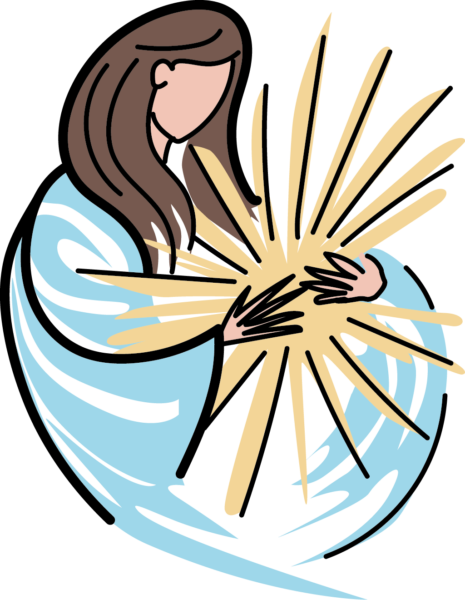
In the years following the assassination of Daphne Caruana Galizia, the cry for justice became a defining feature of our political and social landscape.
Creative Courage

In the apostolic letter Patris Corde, Pope Francis praises the virtue of creative courage which emerges in the face of difficulty, when “we can either give up and walk away, or somehow engage with it.
Temperance

As we journey forward, we now turn our attention to the virtue of temperance. Traditionally, temperance has been understood as the virtue of moderation.
Merciful Patience
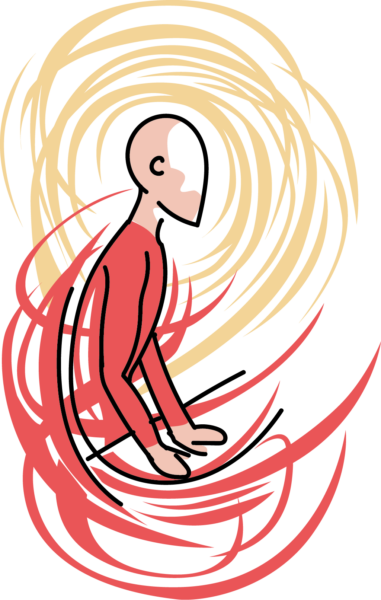
As we come towards the end of these reflections, we feel that is important to acknowledge that sometimes it is very easy to feel discouraged.
In Practice
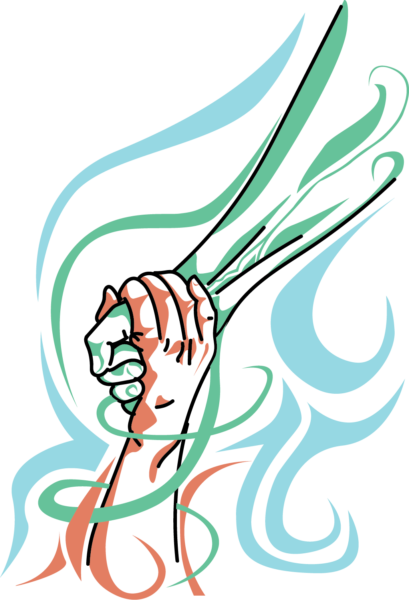
The calls to action suggested below are not meant to be an exhaustive list. In fact, the twin traditions of Catholics Social Teaching and spiritual discernment allow for a diversity of responses to our common challenges. The suggested actions should therefore serve as an open invitation to action from all people of good will and a template which every individual, community, family and political party can use to discern their concrete response to the urgent needs identified in this document.
All People of Good Will
Social Justice
Beyond Me: Evaluate how your decisions – which can range from the way traffic rules are routinely ignored to widespread tax evasion practices – have a real impact on others and on the common good.
Environmental Justice
Live simply: Go beyond paying lip service to environmental concerns by consuming much less, embracing public and active (walking, cycling) transport, working towards zero waste, advocating for renewable energy and eating less meat.
Racial Justice
Befriend: Beyond denouncing and reporting any episode of racial hate and discrimination witnessed online or in-person, help breakdown the “us and them” mentality by befriending the migrants and refugees you meet on your workplace, in your community or within your social circle of friends.
Good Governance
Enough is enough: With your vote and behaviour, say no to a corrupt system whereby candidates try to “buy” the vote of their constituents by bypassing systems which should be in place to ensure transparency and fairness.
Christian Communities
Social Justice
Create physical and virtual spaces of encounter and reconciliation: Accompany people in the re-discovery – in a journey of truth and justice informed by mercy – the lost art of fraternal dialogue between all those who refuse to accept to live in a permanently conflicted and divided society.
Environmental Justice
Reconnect with our common home: Given that no one protects what they don’t care about and no one cares about what they have never experienced, tap into the Church’s rich tradition of contemplation and meditation by joining the Laudato Si Action Platform and proposing in a creative way spiritual experiences with and in nature.
Racial justice
Speak out against racism: All Christians in positions of leadership are to denounce any theory or form of racism and racial discrimination as morally unacceptable and incompatible with our Christian faith.
Good Governance
Implementation of Gift Acceptance Policy: Draft and implement, at Diocesan level, a Gift Acceptance Policy which safeguards and furthers the values of transparency, good governance and environmental/social justice.
Political Parties
Social Justice
Adopt a wellbeing budget: Rather than being centred around economic metrics such as GDP, the yearly budget should go Beyond GDP and target a much broader range of outcomes, such as improving mental health, reducing child poverty, addressing inequalities, and transitioning to a sustainable economy.
Environmental Justice
Leave nature alone: Instead of creating “green spaces”, protect existing open spaces and ensure existing planning laws and regulations are enforced, whilst giving nature – and citizens – some respite by moving away from car dependency and promoting sustainable mobility.
Racial justice
Implement the National Action Plan against Racism and Xenophobia: Reconcile the goals of this Plan with all laws, policies and practices, including those governing search and rescue, reception conditions and collaboration with third countries in the management of migration flows.
Good Governance
Combat corrupt clientelism: Strictly regulate lobbying by means of a new law and make political parties and MPs less dependent on donations from individuals and businesses by introducing state-financing of parties and shifting to fulltime MPs.
My Commitment
What practical decisions will you take?
Use the hashtag #YahadMT on social media
and be part of the journey.
© JUSTICE AND PEACE COMMISSION
